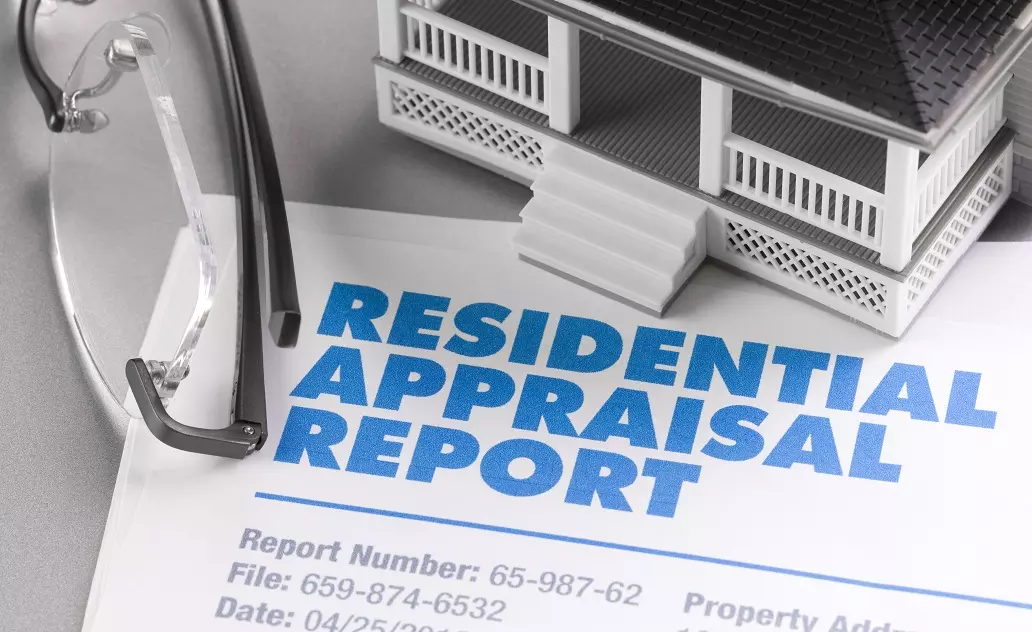Disputing Your Rental Property Value Assessment to Lower Tax Liability
Lowering the tax liability on any residential property you own is well worth the effort if you have the opportunity.

If you’re a landlord who owns just one or several single-family homes, studying your property value assessment to determine whether it’s accurate is time well spent. You might discover that your assessment is too high, which once re-evaluated can lead to lower property taxes. There are several ways to determine whether your current property assessment is correct.
Properties are typically assessed by a town or city’s assessor on an annual basis. In most cases, the assessor reviews the current status of your property and any improvements made, and the current market conditions for similar homes in your area; then they multiply that by the area’s level of assessment as determined by the municipality. If you own a multi-family building, the assessor will factor in the income realized from the property over the past year minus maintenance costs into the valuation.
The cost of replacing the home is also a consideration in determining its assessment. If you open your annual property tax bill and nearly collapse from shock at the figures, take some deep  breaths and then carefully consider the options you have to lower the tax bill. One thing to remember, however, is that you’ll have a deadline to dispute the assessment. Most municipalities will give you 30 to 60 days after you receive the assessment to challenge it.
breaths and then carefully consider the options you have to lower the tax bill. One thing to remember, however, is that you’ll have a deadline to dispute the assessment. Most municipalities will give you 30 to 60 days after you receive the assessment to challenge it.
Look at what the assessment says about your property. You might find that you’ve suddenly become the owner of a house that is nothing like the one you actually own. For example, the assessment might mistakenly give your house four bedrooms when it only has three, or place your address in an upscale neighborhood adjacent to your actual location. In one case, a homeowner’s one-story home with vaulted ceilings was incorrectly listed as a two-story house and charged double the actual square footage because the assessor viewed it from outside rather than doing a more detailed inspection.
The value of similar properties in your neighborhood can tell you a lot about your own property’s assessment. If you are friends with your neighbors, you may be able to learn from their assessment. Otherwise, it’s a good idea to compare your property with four or five in your general location that have  the same amount of square footage and the same property size. If you have the time and interest, you can do the comparisons yourself through online real estate websites. Otherwise, a Realtor may be able to help you, or you could hire an appraiser.
the same amount of square footage and the same property size. If you have the time and interest, you can do the comparisons yourself through online real estate websites. Otherwise, a Realtor may be able to help you, or you could hire an appraiser.
While you’re taking the time to make sure the valuation of the property is correct, also look into whether you’re receiving any exemptions to which you’re entitled. Some states and many municipalities offer breaks to owners who are senior citizens or veterans, homes located in certain areas, and a number of other exemptions. Your local tax assessor may be able to help you find any tax breaks to which you’re entitled. If your first tax bill after you purchased your property shows that its tax assessment value increased by nearly 50 percent in one year, as happened to an owner in Georgia, you’ll want to ask for a review to help you understand any changes. Most tax assessors are willing to informally explain your assessment. If you’re not happy with the informal explanation, you can make a formal appeal.
You generally don’t need a lawyer’s help to make a formal property value assessment appeal. Most municipalities have an independent board that hears appeals, and many property owners find that their challenges of their assessments are successful. However, if this isn’t your area of expertise, you can hire an attorney or work with one of hundreds of non-profit advocacy groups around the country who help property owners challenge the assessments they’ve received. Property owners who have followed this route say they’ve been able to lower their assessments substantially.
We are pledged to the letter and spirit of U.S. policy for the achievement of equal housing opportunity throughout the Nation. See Equal Housing Opportunity Statement for more information.
Get the Neighborly App
In addition to Real Property Management's expert skills in managing your rental property, you can utilize Neighborly's other brands to maintain and enhance your home. Use the Neighborly App to get connected to local home service professionals. Download and receive offers only available on the App.
Depending on current health and safety regulations in your area, some of the services mentioned in this post may not be available. Neighborly service providers will follow the latest health and safety guidelines provided by the local and state governments. Please check with your local Neighborly service provider for details at the time you need service(s).






